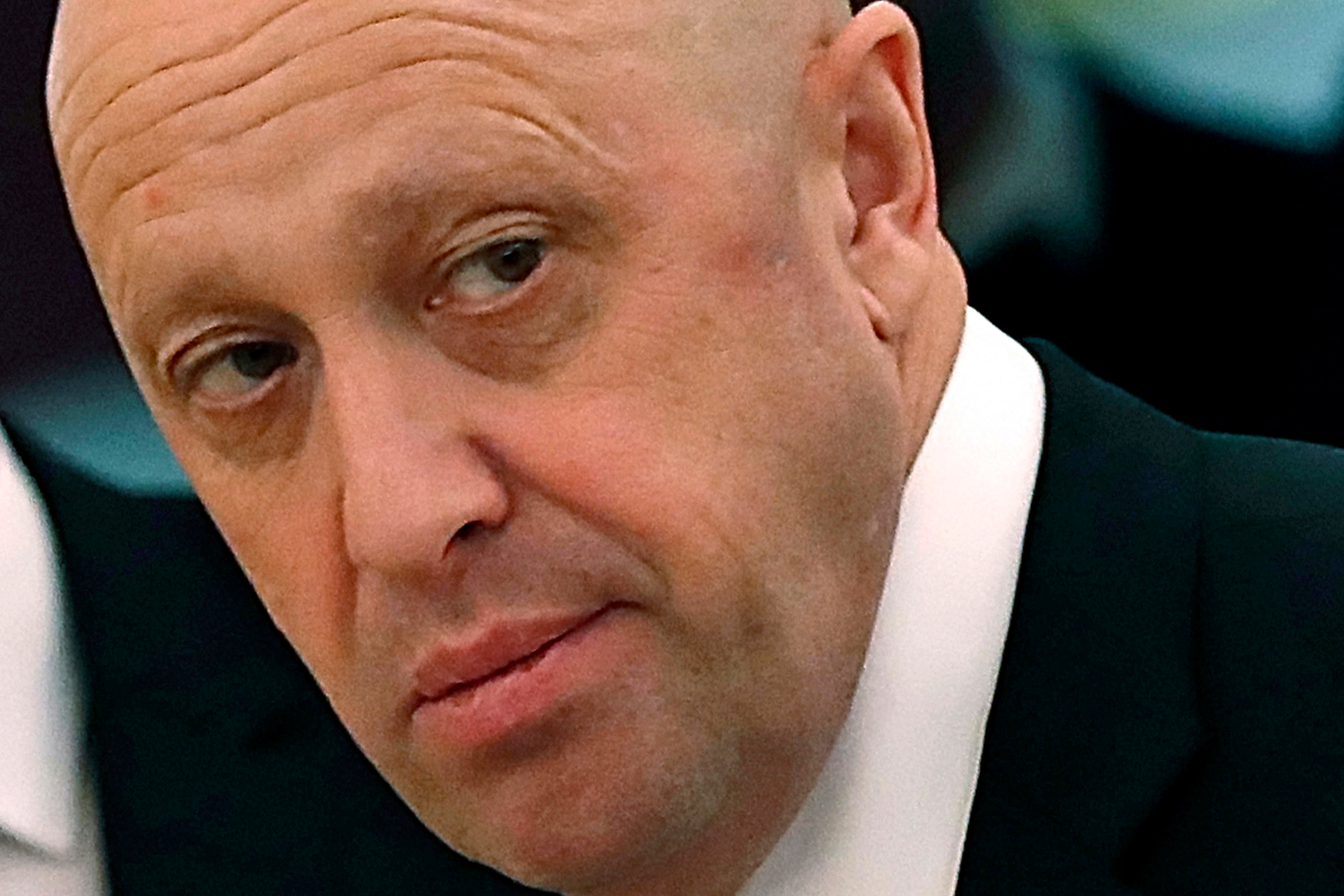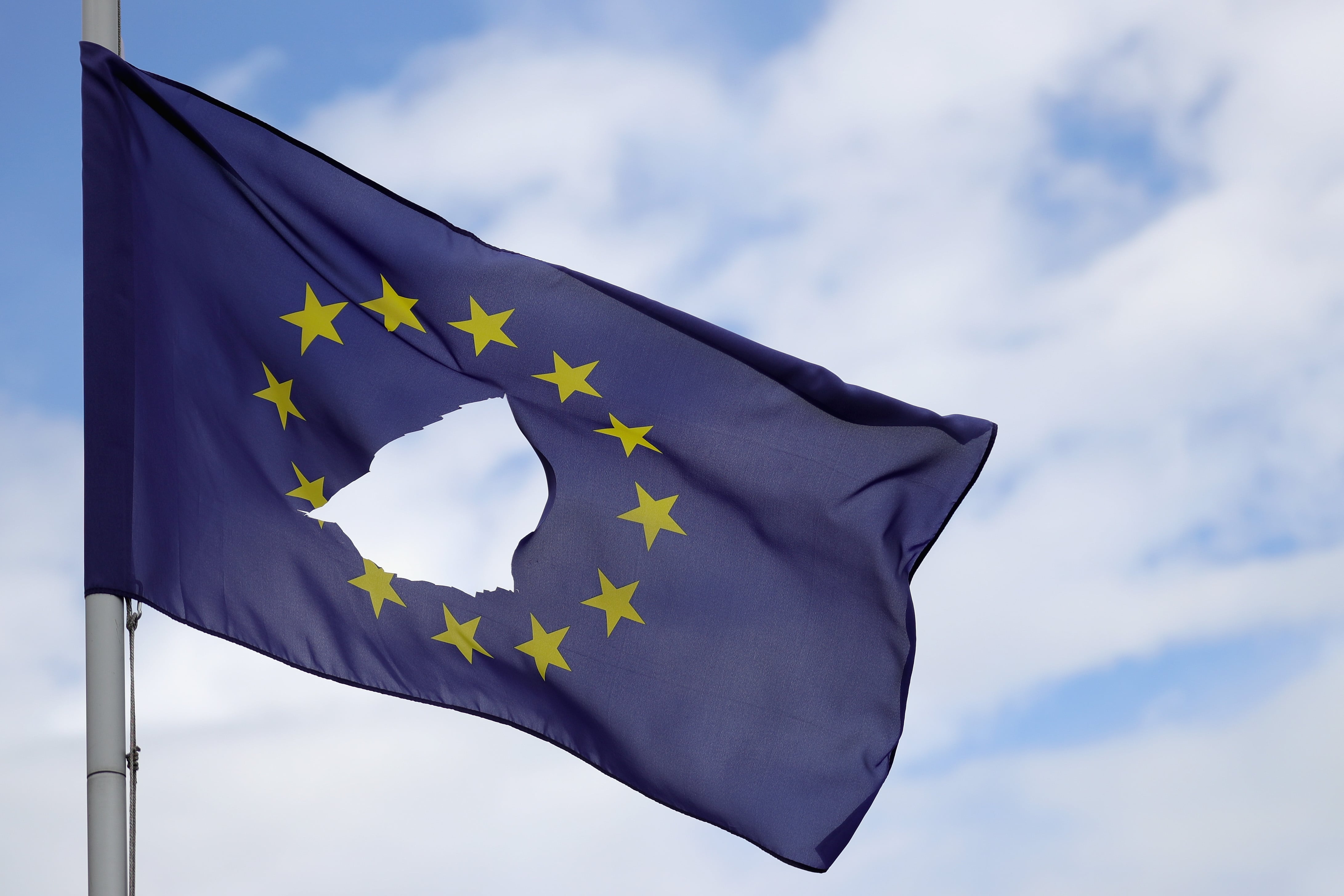As the U.S. struggles to contain not only the spread of the coronavirus but also address violence that has interrupted otherwise peaceful protests, some suspect Russia is fueling the flames. Given the Russian meddling in the 2016 presidential election and other efforts aimed to sow discord in the U.S. and many other countries, this may be the case. Whenever and wherever Russia smells an opportunity to deepen the existing divisions, it engages. Here in Poland we have seen it too.
Following recent riots in some American cities, some acting and former U.S. officials (including top ones) and security experts implied, yet not directly, that violence might have been enhanced by Russia. Moscow instantly dismissed the accusations and, twisting the issue around, used its high-ranking officials to push a narrative that the U.S. authorities should ensure that human rights are respected in their country in the first place.
In May 2019, NBC News reported that it had reviewed documents suggesting Russia could seek ways to exploit racial resentment in America. The documents, shared with NBC News by Dossier Center — a group of investigative journalists funded by former oil tycoon Mikhail Khodrokovsky — included communications between Yevgeny Prigozhin (a.k.a. “Putin’s chef”) and his alleged associates. Prigozhin is one of 13 Russian nationals charged by the U.S. Justice Department with interfering in the 2016 presidential election.

According to NBC News, the dossier included (among other troubling ideas) a plan to destabilize the U.S. through domestic violent actions performed by recruited and trained African Americans with criminal records or with ties to radical movements.
All this sounds like confessions of a twisted mind, and perhaps should be treated accordingly. And maybe it would if it was not for Russia. All too often we have seen what the Kremlin is capable of, just to ignore such sensational reports.
On Nov. 21, 2019, El Pais — one of most circulated daily newspapers in Spain — reported that the Audiencia Nacional (Spain’s high court) had opened a probe into the alleged Russian footprint in the illegal Catalan independence referendum of 2017. The confidential investigation revolved around the role of “military Unit 29155” — a unit of the GRU, Russia’s military intelligence directorate — in the separatist drive in Catalonia.
Its name first emerged in an article posted in The New York Times last October, under the telling title “Top Secret Russian Unit Seeks to Destabilize Europe, Security Officials Say.” Later reports by the likes of Bellingcat suggested the members of the group had been implicated in the annexation of Ukraine’s Crimea; a destabilization campaign in Moldova in 2014; the attempted poisoning of Bulgarian arms manufacturer Emilian Gebrev in 2015; and a failed coup in Montenegro in 2016.
Regarding alleged Russian meddling in Catalonia, East StratCom Task Force, a unit of the European Union set up to counter the Kremlin’s disinformation efforts, saw a surge in false information published both in Russian and Spanish ahead of and after the referendum.
Similar findings were presented with regard to the “yellow vests protests” in France. The German Marshall Fund’s Alliance for Securing Democracy found that in December 2019, Twitter accounts it connected to Russia used hashtags related to the movement to push narratives of discord and chaos, and to denigrate the West. Earlier that year, Avaaz, a U.S.-based nonprofit organization, had published a study suggesting that Russia had exploited the “gilets jaunes” protests to significantly expand its French-speaking audience. Indeed, according to the study, between the start of riots in late 2018 and the spring of 2019, RT France — the Kremlin’s mouthpiece in France — posted two times more content to YouTube than all major French news outlets combined.
But worst of all, as found by Avaaz, the fake news related to the “yellow vests” movement reached roughly 105 million views on Facebook alone. No wonder, in December 2018, the French foreign minister revealed that the French security services were looking at the situation as part of an investigation into a possible Russian interference.
Then there is Brexit and the Scottish independence referendum. The Intelligence and Security Committee of Parliament has just made public a report titled “Russia,” which it drafted more than a year ago. The first bullet point of the ISC’s press release concerning its inquiry reads: “Russian influence in the UK is the new normal.” The committee conclusively found that Russia had tried to influence the referendum on Scottish independence of Sept. 18, 2014. As for the Brexit vote held two years later, the committee did not obtain sufficient evidence of the Russian footprint from competent services. However, the ISC urged the U.K. intelligence community to prepare its own assessment of a potential Russian interference in the EU referendum and to publish an unclassified summary of it.

Some British media familiar with its findings have suggested that ISC, which had studied possible Russian interference in democratic processes in the U.K. for 18 months, was not able to rule out the Kremlin’s footprint in the 2016 Brexit vote.
Returning to the current unrest in the U.S., in its recent analysis posted to EUvsDISINFO, East StratCom Task Force wrote: “The pro-Kremlin disinformation ecosystem attempts to exploit the protests in every possible way — expressing sympathy with the protesters, as well as conveying openly racist sentiment.” The analysis ends with the following remark: “Anything goes when the Kremlin desperately is seeking an audience.”
But why would Russia want to destabilize an internal situation in such remote (from Russia’s perspective) countries like Spain or the U.S.? The simplest answer is: divide et impera, or divide and rule. The more a society is polarized, the more vulnerable it becomes. Deeper vulnerabilities can be further exploited later on. Another possibility is that an interference by a hostile actor in a country’s internal affairs serves to test how far the actor can go before it is exposed. Besides, interfering can be used as a means of intimidation or a message, such as: “Don’t underestimate us, or else ....”
Here in Poland we have also seen Russia’s attempts to polarize society. With the presidential election set to be held June 28, Russian propaganda has stepped up its efforts to deepen the existing divisions among the Poles and push its agenda. For instance, pro-Russian media have been advocating in favor of those candidates who openly criticize the construction of a ship canal across the Vistula Spit and the purchase by Polish armed forces of American-made F-35 fighter jets. Both investments are a serious pain in Moscow’s neck, as they enhance the national security of Poland and are a further step toward severing ties with Russia.
RELATED

The Kremlin also makes repeated attempts to pit local communities against the troops of the U.S. and its allies in the locations where they exercise or are stationed. Most recently, a pro-Russian website has exploited the fears of COVID-19 by pushing a narrative that the U.S.-Polish military drills Defender Europe 20 Plus (that have just finished) would make the number of coronavirus cases skyrocket.
Speaking of the pandemic, in recent months, pro-Russian outlets have produced endless amounts of content amplifying conspiracy theories about the virus and moves to fuel the anti-vaccination drive. For example, there has been a bogus claim that 5G technology has a role in activating or aggravating the disease.
In 2018, a group of Poles set fire to the office of the Transcarpathian Hungarian Cultural Association in Uzhhorod in Ukraine. They were nabbed by Poland’s counterintelligence and counterterrorist service, the Internal Security Agency. During the trial, one of them stated the trio had been hired by a German journalist tied to AfD, Germany’s far-right party notorious for its pro-Russian stance. Another one said the aim of that complex and meticulously planned attack had been to “devastate the building and undermine relations between the Hungarian minority and Ukraine.” However, the operation also risked deteriorating Polish-Ukrainian relations, which are not completely free from turbulence. The Kremlin knows it and exploits the issue on a regular basis. (There are an estimated 1.4 million Ukrainians living and working in Poland.)
The Uzhhorod incident had all the hallmarks of an influence operation, one that the Russian special services could have easily carried out to destabilize a country of their choice.
Interviewed by the Polish weekly newspaper Do Rzeczy, Hans-Georg Maassen, former head of Germany’s domestic intelligence agency BfV, said: “We cannot be blind to the fact that Russia, by way of a diversity of measures, not only intelligence activities, is seeking to destabilize Europe. And we must counteract.”
Indeed, the following — from a recent opinion piece by a Russian political scientist and academic lecturer — confirms it all: “With regard to the West, Russia must embark on active and offensive operations modeled on a very hybrid war, one that the West managed to test on us. Russia as such does not need the West. All we need is for the West to leave us alone. And for this to happen, the West must face a series of internal issues that will highly affect its external activity. These problems are already there, and they are growing more serious. So do not prevent the Western society from self-destruction. Moreover, if Russia notices that within this society a force emerges whose program may have genuinely suicidal consequences for the Western civilization, it should provide it with support.”
Maybe the above excerpt is simply an opinion, a subjective point of view. Still, it seems to accurately reflect Russia’s modus operandi. So if you notice a looming crisis in a Western country, a Russian propaganda campaign may be waiting in the wings.
Stanisław Żaryn is a spokesman for Poland’s Minister-Special Services Coordinator.








